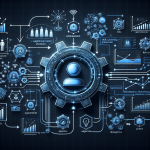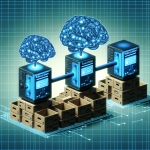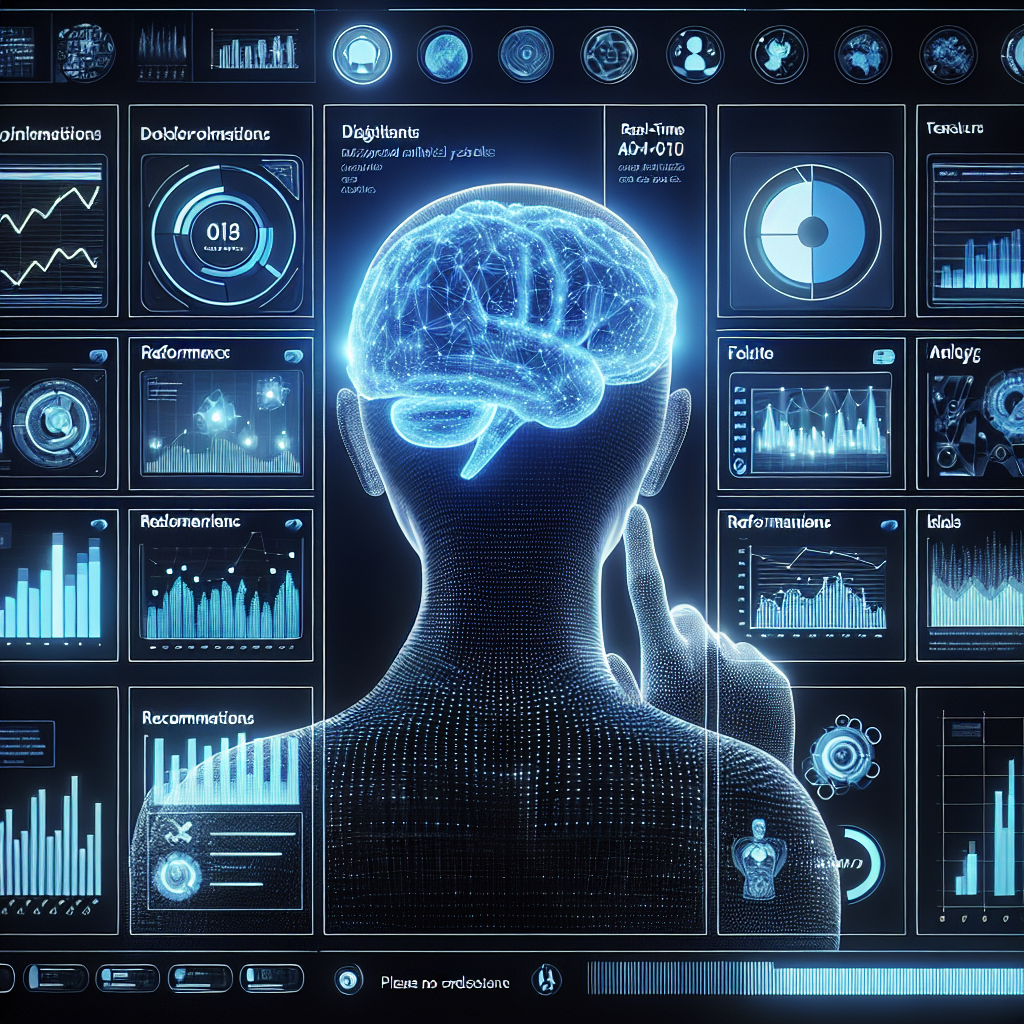Harnessing AI Dashboards for Real-Time Campaign Monitoring
In today’s fast-paced digital marketing landscape, campaign performance can shift in moments. Businesses need tools that allow instant insights into marketing effectiveness, engagement patterns, and budget utilization. This is where AI-powered dashboards become pivotal. These intelligent systems make campaign monitoring faster, more accurate, and more actionable.
What is Real-Time Campaign Monitoring?
Real-time campaign monitoring involves tracking the performance of marketing campaigns across multiple channels as the data comes in. Instead of waiting hours or days to analyze reports manually, teams can view changes and trends the moment they happen. This time-sensitive feedback allows marketers to quickly pivot strategies, optimize targeting, or refine messaging as needed.
How AI Enhances Dashboard Performance
AI adds several transformative capabilities to campaign monitoring dashboards:
- Predictive Analytics: AI can forecast future performance by analyzing historical patterns and current trends, helping marketers anticipate outcomes and guide decision-making.
- Anomaly Detection: AI engines can automatically flag unusual spikes or drops in key metrics like traffic, conversion rate, or ROI, saving teams from missing critical insights.
- Natural Language Processing (NLP): Enables dashboards to interpret user queries in simple language and generate plain-text explanations accompanied by visual analytics.
- Automated Insights: The system can deliver personalized insights or recommendations automatically, without the need for manual digging through datasets.
Key Components of AI-Powered Dashboards
A well-constructed AI dashboard typically includes:
- Live Data Feeds: To ensure campaigns are monitored as data is collected, real-time connectors pull information from ad platforms, websites, CRMs, and more.
- Customizable KPIs: Metrics such as click-through rate, conversion cost, and engagement levels can be customized according to business goals.
- Visualized Reports: AI tools generate graphs, trend lines, and heat maps to make complex data easier to digest and interpret at a glance.
- Alerts and Notifications: Intelligent alerts sent via email or messaging platforms can notify managers instantly of critical performance changes.
Benefits of AI-Enhanced Campaign Monitoring
Adopting AI dashboards brings numerous advantages:
- Speed: Instant access to campaign metrics enables faster response times to market changes.
- Accuracy: AI algorithms reduce human error in data interpretation, delivering more reliable insights.
- Efficiency: Automating report generation and analysis allows marketers to focus on strategic decision-making rather than manual tasks.
- Scalability: Whether monitoring a single campaign or dozens across multiple platforms, AI dashboards can handle large datasets effectively.
Use Cases Across Industries
AI dashboards are not limited to a single sector. Examples include:
- Retail: Monitoring shopper behavior in real-time to promote trending products through targeted ads.
- Finance: Observing ad campaign ROI for investment or insurance products in different geolocations and demographics.
- Healthcare: Ensuring timely promotion of health campaigns, such as seasonal vaccination drives, by watching live engagement metrics.
Future Trends in AI Dashboard Development
As AI continues to evolve, so will its applications in campaign monitoring. Upcoming trends include:
- Conversational Dashboards: Users will be able to interact with dashboards using voice or chatbots to retrieve data on demand.
- Hyper-Personalized Recommendations: AI will tailor campaign optimization suggestions based on user behavior and organizational goals.
- Integrations with IoT: Smart devices feeding additional behavioral or engagement data will enhance real-time campaign analysis.
Conclusion
Real-time campaign monitoring with AI dashboards empowers businesses to stay competitive in dynamic markets. With instantaneous insights, automated intelligence, and enhanced scalability, these systems are transforming how marketing teams operate. As technologies mature, the intersection of AI and real-time data will continue to shape the future of smart, responsive advertising strategies.







